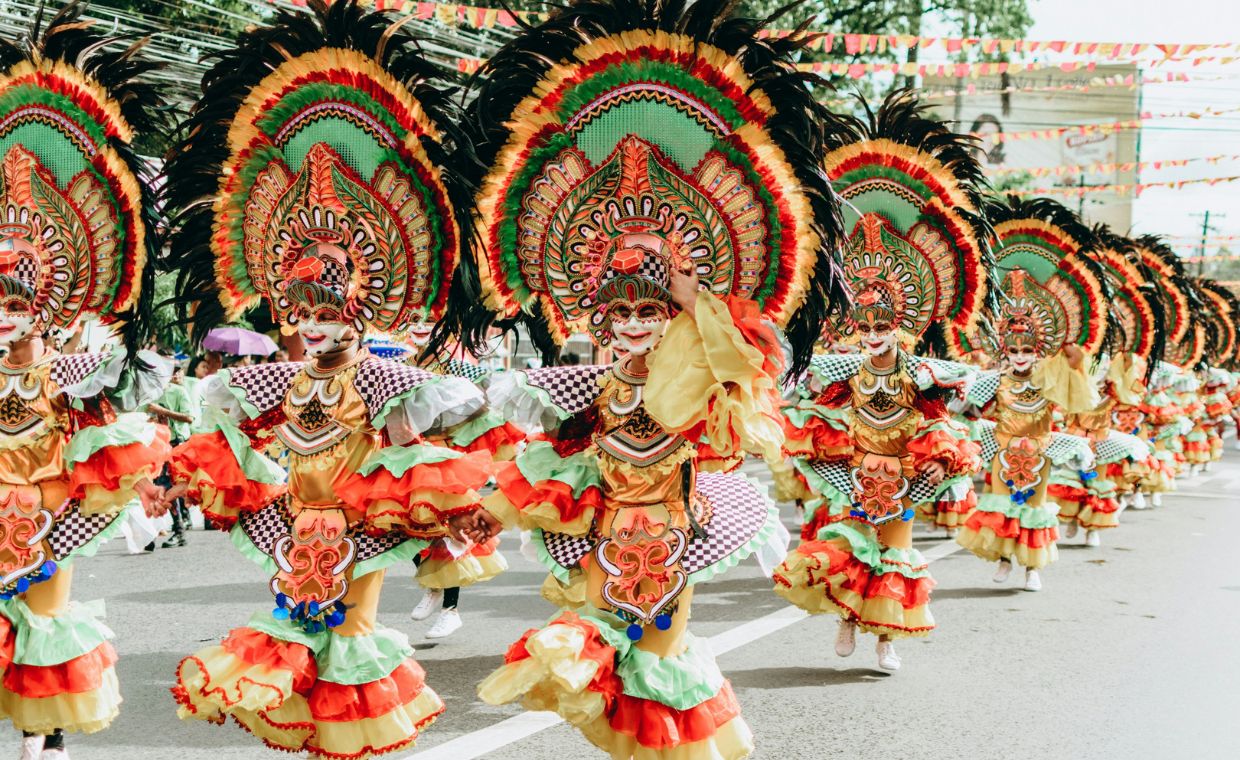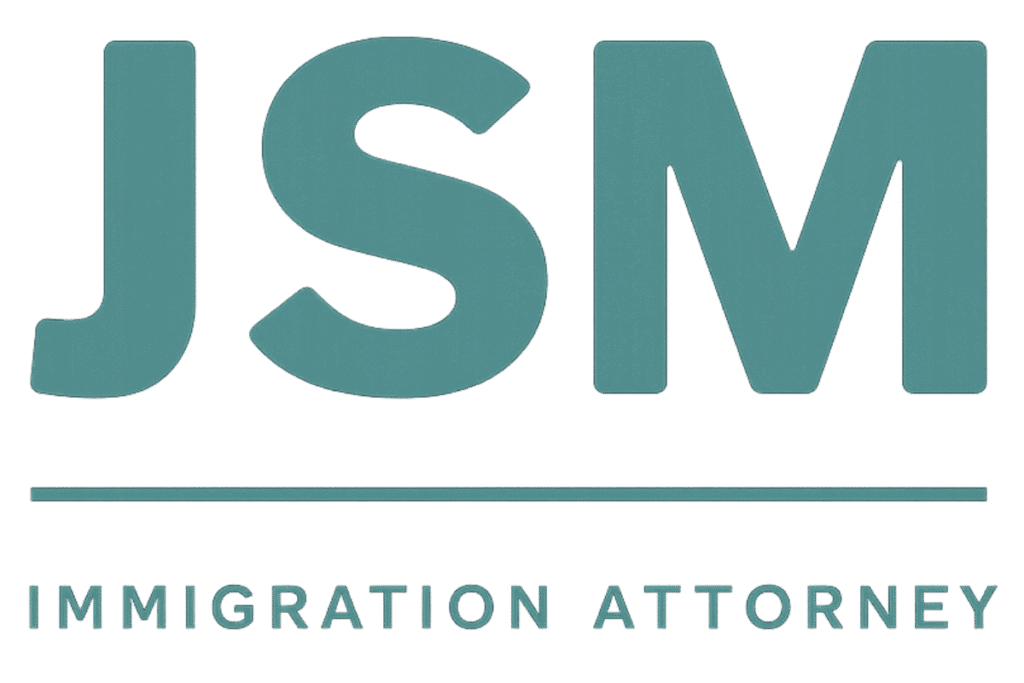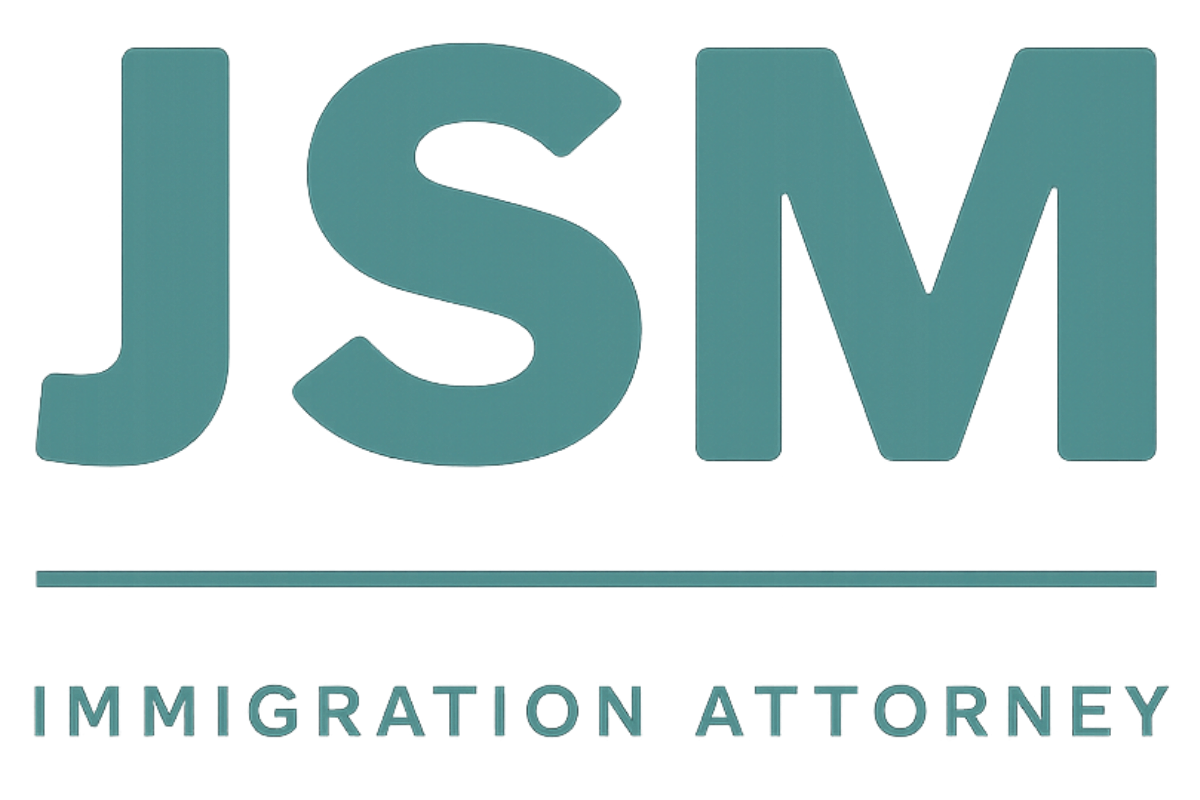P-1 Visa | Internationally Recognized Groups
Related Downloads
The P-1 visa is a non-immigrant visa designed for internationally recognized entertainment groups, athletes, and athletic teams. It provides the opportunity for elite performers and competitors to live and work in the United States temporarily. Whether you are part of a professional sports team, a dance company, or DJ music group, this visa enables you to showcase your talent on a global stage and pursue new opportunities within the U.S.
What is the P-1 Visa?

- P-1A: For internationally recognized athletes and athletic teams.
- P-1B: For members of internationally recognized entertainment groups such as musicians, dancers, DJs, culinary artists, or theatrical artists.
The P-1 visa lets internationally recognized athletes and entertainers come to the U.S. to perform or compete. It’s usually granted for the length of a specific event, tour, or season—up to one year for entertainment groups and up to five years for athletes. Extensions are possible if the work continues.
Eligibility Requirements
To qualify for a P-1 visa, applicants must be part of an internationally recognized group or team with a high level of achievement. This recognition must be proven by a strong reputation and evidence of outstanding performance. Here’s a breakdown of the requirements for each category:
P-1A (Athletes or Athletic Teams):
The individual athlete or member of the athletic team:
- Must be coming to the U.S. to perform in an event, competition, or season at an internationally recognized level.
- Individual athletes must be internationally recognized.
- Athletic teams must have a record of international recognition, and the competition must have a distinguished reputation.
- Supporting documentation may include media coverage, rankings, awards, contracts, or endorsements.
P-1B (Entertainment Groups):
For the members of internationally recognized entertainment groups:
- The group must have been internationally recognized for a sustained and substantial period of time—typically at least one year.
- At least 75% of the group’s members must have been with the group for at least one year.
- Recognition must be proven by achievements, major press, awards, or significant commercial success.
- Evidence may include reviews, Billboard rankings, box office success, or performances at prominent venues or festivals.
Documents Needed
To support a P-1 visa petition, applicants must provide various forms of documentation:
- Form I-129: Petition for Nonimmigrant Worker, filed by the U.S. employer, agent or sponsor
- Consultation letter: A written advisory opinion from an appropriate peer group or labor organization
- Evidence of International Recognition: Documents proving the group’s or individual’s recognition such as:
- International rankings or awards.
- Major media coverage or reviews.
- Contracts or records of past performances in distinguished events.
- Proof of sustained acclaim or commercial success.
- Detailed Itinerary: A description of the performances, competitions, or events, including dates and locations.
- Support Letters: Letters from industry professionals, event organizers, or promoters attesting to the applicant’s international recognition and professional reputation.
The P-1 Visa Application Process
Here’s a step-by-step guide to applying for a P-1 visa:
- Employer or Agent Files Form I-129: The employer, agent or sponsor must submit Form I-129 to U.S. Citizenship and Immigration Services (USCIS), along with the supporting documents.
- Provide Consultation Letter: Obtain a consultation letter from the appropriate peer group or labor organization.
- Submit Supporting Evidence: Include evidence of international recognition, such as awards, media coverage, and letters from experts. Also, for entertainment groups, proof that at least 75% of the group’s members have been with the group for at least one year.
- Pay the Required Fees: Submit the appropriate filing fees along with Form I-129.
- Receive USCIS Decision: USCIS will review the petition and supporting evidence and issue a decision. If approved, the applicant(s) will be issued Form I-797, Notice of Action.
- Consular Processing or Change of Status: If the applicant(s) is outside the U.S., they must apply for a visa at a U.S. consulate. If already in the U.S., they may change their status to P-1.
Common Mistakes to Avoid
Applying for an P-1 visa can be complex, and small errors can lead to delays or denials. Here are common mistakes to avoid:
- Insufficient Proof of International Recognition: Applicants often submit vague or weak evidence. USCIS expects concrete documentation—like press coverage, awards, or contracts that clearly demonstrates the group’s or athlete’s international reputation. General praise or local success is not enough.
- Failure to Include a Proper Consultation Letter: A missing or outdated consultation letter from the appropriate labor union or peer group can result in delays or denials. This letter is a mandatory part of the petition and must specifically reference the type of performance or competition involved.
- Inaccurate or Incomplete Itinerary: USCIS requires a clear, detailed itinerary outlining the events, dates, and locations. Submitting a vague or overly broad timeline (e.g., “various events throughout the year”) can trigger a Request for Evidence (RFE) or denial.
- Not Meeting the Group Membership Requirement (P-1B): For entertainment groups, at least 75% of members must have been part of the group for at least one year. Failing to meet or document this can result in a denial, even if the group is otherwise well-known.
P-1 Visa Success Tips
To increase your chances of P-1 visa approval, follow these expert tips:
- Build a Strong Case: Showcase the athlete’s or entertainment group’s achievements with strong supporting documents like rankings, reviews, awards, or press coverage.
- Use Expert Testimony: Include detailed letters from respected professionals, event organizers, or promoters who can vouch for the group’s or athlete’s international reputation.
- Prepare for RFEs: Be proactive in addressing potential weaknesses in the petition to avoid Requests for Evidence (RFEs). If you do receive an RFE, respond thoroughly and quickly.
- Stay Current: Immigration laws and USCIS policies can change, so keep up with any updates that may affect the O-1 visa process.
P-1 Visa Renewal and Extension
If you need to extend or renew your P-1 visa, follow these guidelines:
- Extension of Stay: A P-1 visa holder can apply for an extension of stay if they need more time to complete the event, competition, or tour. The petitioner must file a new Form I-129 with a revised itinerary and justification for the extension.
- Changing Employers or Sponsors: If the applicant changes employers, a new P-1 petition must be filed by the new employer, agent or sponsor.
- Limited Duration:
– P-1A (Athletes): Can be granted up to 5 years initially, with one extension for a total stay of 10 years.
– P-1B (Entertainers): Can be granted up to 1 year, with extensions in 1-year increments for ongoing performances.
By understanding the P-1 visa eligibility requirements, application process, and strategies for success, you can navigate the system with confidence and secure your approval.

